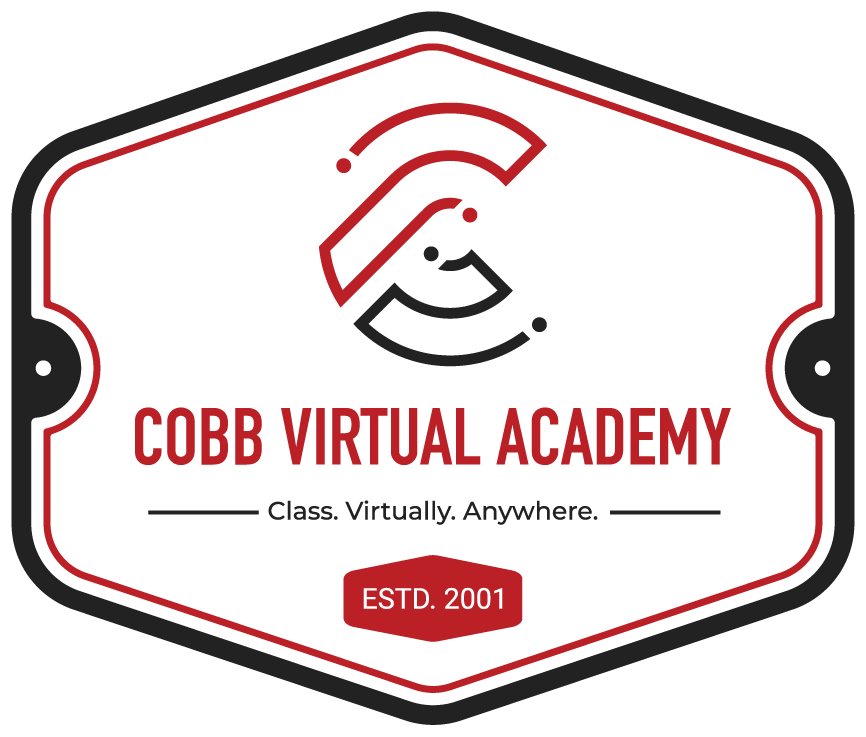Is Online for Me?
Two key advantages of online learning are flexibility and convenience. But online learning is a lot more challenging than it may seem.
First, make sure you're ready to succeed. Online learning can sound so wonderful that some students start with an unrealistic vision. In reality, online courses require just as much, if not more, time and energy as traditional classroom courses. It also requires specific computer skills and learning strategies in order to succeed.
To see if you're ready, see how many items of the following skills you have:
1. Persistence
Persistence is perhaps the biggest key to success in online learning. Students who succeed are those who are willing to tolerate technical problems, seek help when needed, work daily on every class, and persist through challenges.
When you run into a challenge, keep going and ask for help.
Set up a manageable study schedule for yourself and stick to it. Students who succeed are those who log in and submit work every day. This is especially important after the novelty of going to school online starts to wear off!
2. Effective Time-Management Skills
You must be able to manage your time well. While there are no set times for classes, students must meet the deadlines listed in the CVA Course Schedules located in each course.
While flexibility is one of the great benefits of online learning, it can also be a drawback for a student who procrastinates, is unable to stick to a routine study schedule, or is not able to complete assignments without daily reminders from a teacher.
Effective time-management skills don't just happen. They have to be learned. Once you do, they will benefit you throughout your life. One suggestion is to review the Course Schedule for each of your courses and develop a daily or weekly plan for completing your assignments by the due dates listed on the schedule.
3. Effective and Appropriate Communication Skills
Communication skills are vital in online learning because students must seek help when they need it. Teachers are willing to help students, but they are unable to pick up on non-verbal cues, such as a look of confusion on a student's face.
Contact your CVA instructor when you have questions. CVA provides several ways for students and/or parents to communicate with teachers and staff including email and text messaging. Parents may also utilize the CTLS Classroom Access Mode to monitor student progress.
Use appropriate style and language for school. When communicating with teachers and other staff, you should write in full, grammatically correct sentences and with a respectful tone. Many students are used to a very informal style of writing in chat rooms, blogs, text messages, and so forth.
4. Basic Technical Skills
Online learners need basic technical skills to succeed. These include the ability to create new documents, use a word processing program, navigate the Internet, and download software.
You might want to make sure you have what you need to meet the CVA Technical Requirements.
5. Reading and Writing Skills
Reading and writing are the main ways you'll communicate in an online class. You should be comfortable reading a lot of information on a computer screen and be able to type.
6. Motivation and Independence
To be successful, an online student has to want to succeed. Online learning requires independence, internal motivation, responsibility, and a certain level of maturity.
7. A Good Study Environment
Another critical component of academic success is a good study environment. A good study environment is quiet, comfortable, and free of distractions including games and cell phones.
Don’t forget the CVA Learning Center is available as a study environment.

